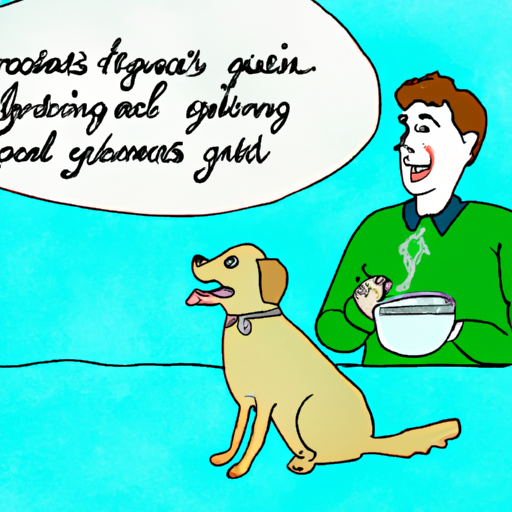Introduction
You’ve been there, haven’t you? Your beloved canine companion releases a noxious cloud that clears the room, leaving you gasping for fresh air. Gas in dogs can be uncomfortable for them and unpleasant for us. But don’t worry! This guide will walk you through the causes, how to prevent and relieve this discomfort in your furry friend.
Understanding the Causes of Gas in Dogs
Just like humans, dogs can suffer from flatulence. This can be caused by several factors:
-
Eating too quickly: Dogs who eat too quickly can swallow air, which leads to gas.
-
Poor diet: Low-quality dog food often contains fillers that can cause gas.
-
Intolerance to certain foods: Just like humans, dogs can be intolerant to certain foods, leading to digestive issues.
| Common Food Intolerances in Dogs | Symptoms |
|---|---|
| Dairy | Gas, diarrhea, vomiting |
| Grains | Gas, itching, ear infections |
| Protein (beef, chicken) | Gas, vomiting, skin infections |
How to Prevent Gas in Dogs
Prevention is often the best cure. Here are some things you can do to prevent gas in your beloved pet:
- Feed your dog smaller meals more frequently
- Slow down their eating with a puzzle feeder or slow feeder bowl
- Avoid giving your dog foods known to cause gas, such as beans, cauliflower, and broccoli
- Provide a diet high in quality proteins and low in fillers
Remedies for Relieving Gas in Dogs
Even with preventative measures, your dog may still experience occasional gas. When those instances occur, here are some remedies you can try:
-
Exercise: Regular exercise can help stimulate digestion and release trapped gas.
-
Probiotics: These can help balance the gut flora, reducing gas and improving overall digestive health.
-
Dietary changes: If your dog’s diet is causing gas, consider switching to a higher-quality dog food or even a homemade diet.
Consult with a Vet
If your dog’s gas is accompanied by other symptoms like vomiting, diarrhea or lethargy, it’s time to consult with a vet. Chronic gas can be a symptom of more serious health issues, such as gastrointestinal disease. Your vet will be able to provide a proper diagnosis and treatment plan.
Frequently Asked Questions (FAQs)
1. What foods can cause gas in dogs?
Foods known to cause gas in dogs include beans, cauliflower, broccoli, dairy, and low-quality dog food high in fillers.
2. Can exercise help relieve gas in dogs?
Yes, regular exercise can help stimulate digestion and release trapped gas.
3. When should I consult a vet about my dog’s gas?
If your dog’s gas is accompanied by other symptoms like vomiting, diarrhea, or lethargy, you should consult with a vet.
Remember, as a caregiver, your pet’s health is in your hands. Being proactive about their diet and lifestyle can help ensure they live a happy, comfortable life.



